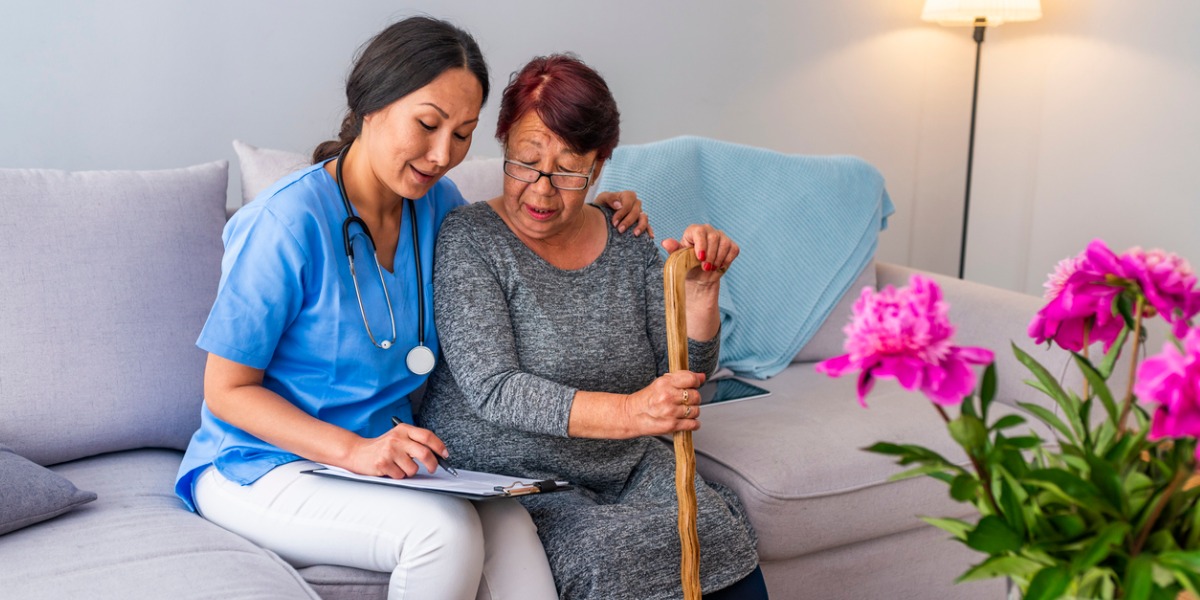In the melting pot of cultures that is Singapore, providing hospice care requires more than just a medical understanding; it demands a deep appreciation and respect for the diverse tapestry of traditions and beliefs that our patients hold dear. As social workers, we are often on the front lines, navigating these complex cultural waters. But before diving into the intricacies of cultural competence in hospice care, let me share a rather amusing story of how I found my calling in this field.
It all began with a misdialed phone number. Yes, you read that right. I intended to apply for a position in corporate communications but ended up speaking to the head of a hospice in Singapore. Their passion for providing compassionate care was so infectious that I found myself volunteering the very next day. What was supposed to be a brief detour became my life’s work. It’s funny how fate has a way of dialing the right number for us, isn’t it?
Now, onto the heart of the matter. In Singapore, where our society is a vibrant blend of ethnicities and religions, providing end-of-life care presents unique challenges. Our role as social workers is not just to support the patient but to ensure that care respects their cultural and religious beliefs. This is where cultural competence becomes paramount.
Understanding Cultural Competence
Cultural competence in hospice care involves more than acknowledging cultural differences. It’s about actively educating ourselves, engaging with those differences, and adapting our approach accordingly. It requires humility, curiosity, and above all, respect. As David Ogilvy once said, “The consumer isn’t a moron; she is your wife.” In our context, the patient and their family aren’t just cases; they are reflections of our shared humanity, each with their own stories and values.
Challenges in the Field
One of the significant challenges we face is overcoming the stigma surrounding hospice care in some cultures, where it’s mistakenly viewed as giving up hope. There’s also the delicate task of navigating family dynamics, where differing views on care can create tension. Moreover, language barriers can sometimes make communication difficult, adding another layer of complexity to our work.
Yet, it’s precisely these challenges that underscore the importance of cultural competence. By understanding and respecting each patient’s cultural background, we can tailor our care to meet their needs, ensuring that their final journey is as comfortable and dignified as possible.
Success Stories
One particularly touching success story involved a patient from a minority ethnic group who was initially resistant to hospice care. Through patient dialogue and by incorporating elements of his culture into his care plan, we were able to make him feel understood and respected. His final days were spent surrounded by the music, food, and prayers that he loved, providing him and his family with great comfort.
This experience reinforced to me that at the heart of cultural competence lies the simple act of listening. By truly listening to our patients and their families, we can bridge gaps, heal wounds, and sometimes, even change minds.
Moving Forward
As social workers in the hospice in Singapore, our job is never easy. But it’s incredibly rewarding. To those new to the field, remember that cultural competence is a journey, not a destination. It requires continuous learning, reflection, and adaptation. Engage with the communities you serve, participate in cultural sensitivity training, and never be afraid to ask questions.
In conclusion, cultural competence in hospice care is about more than just providing medical support; it’s about offering care that honors the patient’s cultural identity and beliefs. It’s a testament to our capacity for empathy and understanding, qualities that define us not just as social workers, but as human beings. So, let us continue to learn, to adapt, and to serve with compassion, ensuring that every individual in our care receives the dignity and respect they deserve in their final days.



